Dr Michael Burkhart

Research Associate
Contact information
University of Cambridge
Craik–Marshall Building
Cambridge
CB2 3EB
United Kingdom
Biography
Michael earned his Ph.D. in 2019 from Brown University's Division of Applied Mathematics. He and his advisor, Matthew Harrison, collaborated with the BrainGate clinical trial that develops intracortical brain–computer interfaces to enable persons with quadriplegia to communicate and interact with their environments using mental imagery alone. Together with Leigh Hochberg and David Brandman, they derived and implemented a novel Bayesian filtering framework to predict a participant’s latent intention given all currently available measurements from chronically implanted microarrays. After completing his doctorate, Michael spent three years working as a machine learning scientist at Adobe in California before joining the University of Cambridge as a research associate.
Research interests
sequential Bayesian inference, semi-supervised learning, causality, neurodegenerative disease
Keywords
Bayesian methods, Machine learning
Publications
M. Burkhart & G. Ruiz. Neuroevolutionary representations for learning heterogeneous treatment effects. Journal of Computational Science 71 (2023)
M. Burkhart. Discriminative Bayesian filtering lends momentum to the stochastic Newton method for minimizing log-convex functions. Optimization Letters 17 (2023)
M. Burkhart & K. Shan. Deep Low-Density Separation for Semi-supervised Classification. Computational Science – ICCS 2020
M. Burkhart, D. Brandman, B. Franco, L. Hochberg, & M. Harrison. The Discriminative Kalman Filter for Bayesian Filtering with Nonlinear and Nongaussian Observation Models. Neural Computation 32 (2020)
M. Burkhart. “A Discriminative Approach to Bayesian Filtering with Applications to Human Neural Decoding.” Ph.D. Dissertation, Brown University (2019)
D. Brandman, M. Burkhart, J. Kelemen, B. Franco, M. Harrison, & L. Hochberg. Robust Closed-Loop Control of a Cursor in a Person with Tetraplegia using Gaussian Process Regression. Neural Computation 30 (2018)
 Cambridge Centre for
Cambridge Centre for